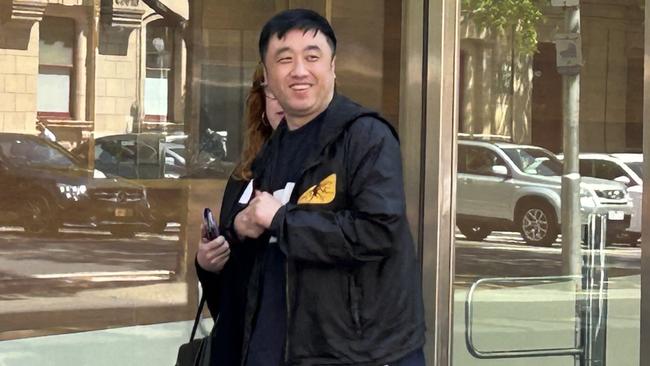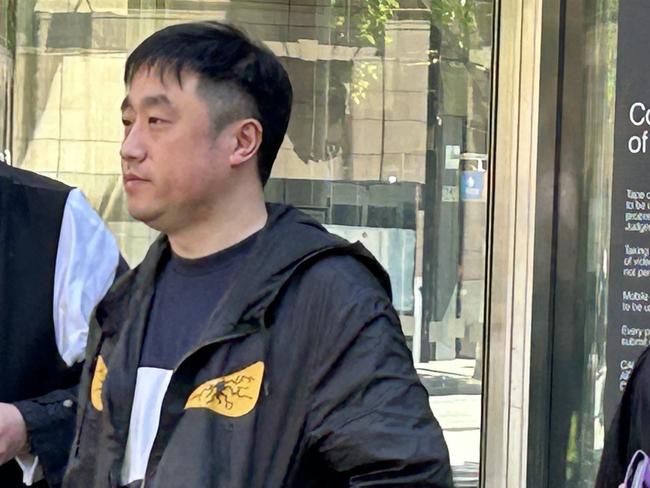Wei Wang in court for laundering $32m in cash and cryptocurrency
A key player in Australia’s largest ever money laundering operations washed $32m in cash and cryptocurrency to recoup his losses in property investments across Melbourne.

East
Don't miss out on the headlines from East . Followed categories will be added to My News.
Business losses prompted a Melbourne man to engage in a sophisticated money laundering operation in cahoots with two others that netted him $32m in cash and cryptocurrency, a court has heard.
Wei Wang was among three men involved in Australia’s largest money laundering operations that washed millions in cash and led to sweeping raids across Melbourne’s eastern suburbs that netted police luxury cars, Mike Tyson memorabilia and 24 karat gold playing cards.
Wang, 35, was sentenced in the County Court on Thursday to three years’ and nine months’ jail after pleading guilty to four charges of dealing with money suspected to be proceeds of crime.
Two others — Boliang Liu and Tao Zhou washed $63m between them in just over a year — were sentenced in August to between three and a half years’ and five and a half years’ jail.
Wang and Liu operated money remittance businesses where their clients would provide them with large sums of cash to be deposited into numerous bank accounts in exchange for a commission.
Zhou’s role was to act as a “money runner”.

Wang received nearly $16m cash that was deposited in 44 bank accounts between December 2020 and October 2021.
He received a further $16.9m in cryptocurrency over a six-month period in 2021.
Police found $217,500 cash in his car and in a bag at his home the day he was arrested in October 2021.
When asked about the large cash deposits in numerous bank accounts, Wang said it was nothing to do with him. He refused to provide passcodes for any of his devices that were seized, saying he could not remember them.
Judge Michael Cahill said in 2016, Wang borrowed large sums of money from his parents in China to invest in property development but it didn’t go to plan.
A falling property and cryptocurrency markets meant Wei started losing money, prompting him to start gambling and other ways to recover the losses, the judge said.
Although he had no priors, pleaded guilty and has excellent prospects of rehabilitation, Judge Cahill said a custodial sentence was warranted given the amount involved and protracted offending that spanned 10 months.
“Although you didn’t know the source of the money, you knew how much you were dealing with. There was a degree of sophistication over a lengthy period of time your offending ended only when police arrested you,” Judge Cahill said.
Wang will be eligible for parole after serving two years and six months.





